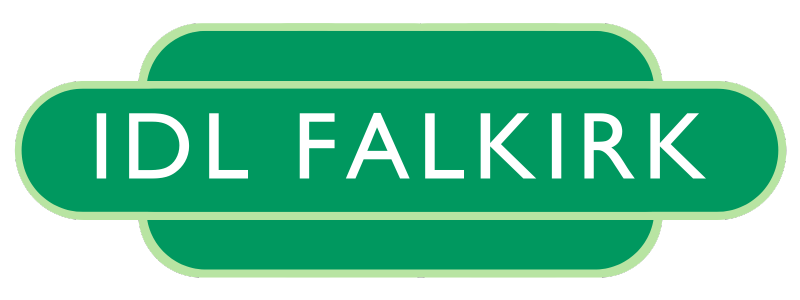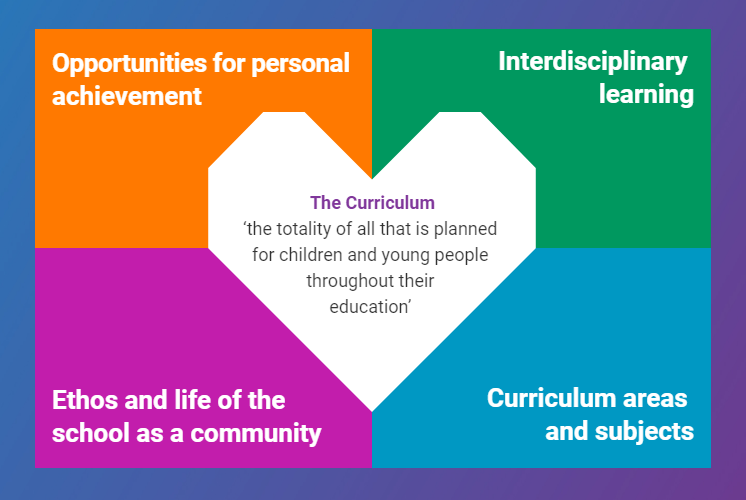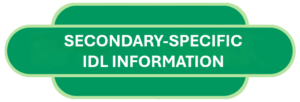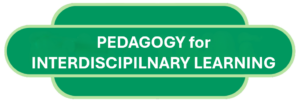What’s the latest information?
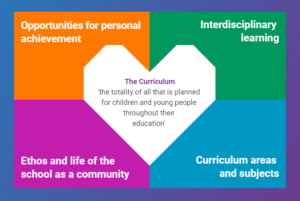
This post will guide you and your colleagues in Falkirk schools and ELCCs to recent guidance and ideas which should be shaping our interdisciplinary learning and curriculum planning/review.
The latest information from Education Scotland about IDL can be found here.
This link will take you to the updated thought paper “Interdisciplinary Learning: ambitious learning for an increasingly complex world” published by Education Scotland, NoTosh and a co-design team in October 2023. Click on the green visuals below to explore key messages from this paper which should inform your planning of IDL and the broader curriculum.
Our Falkirk Chn’s Services Curriculum Toolkit includes this Sway guidance to support your review of curriculum at school/centre level. You may also want to refresh your understanding of the structure and aims of CfE using our toolkit video here.
